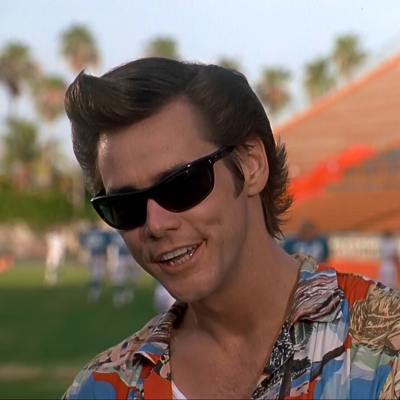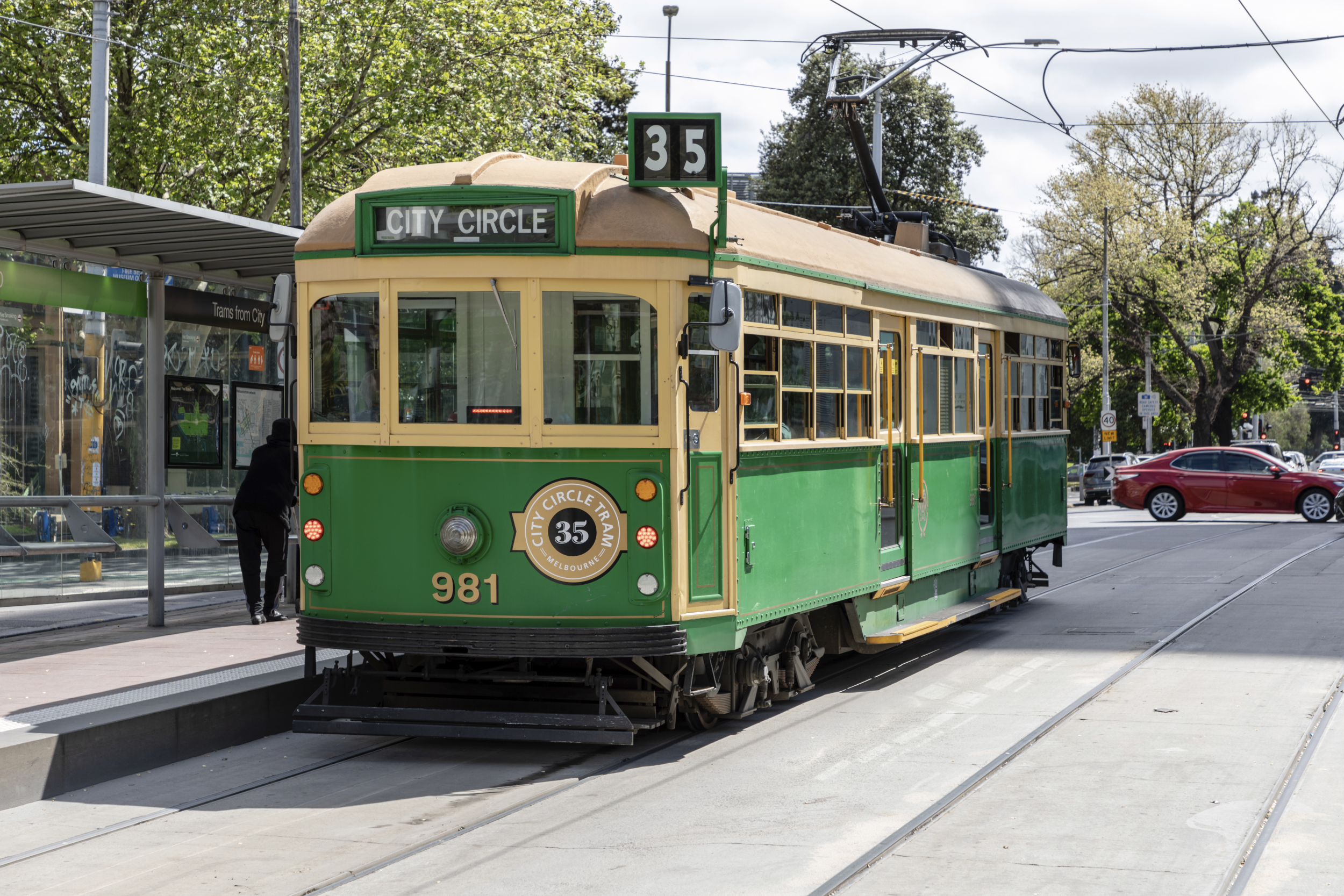

I’m inclined to support 18 as the age of full legal responsibility in society, which is why I favour moving the voting age to 17.
In Australia, adults in prison who are expected to be released during the upcoming electoral term are allowed to vote, as they will return to society during that term. I think a similar principle should apply to 17-year-olds: they will be 18 for the majority of the term being voted on and should have a say in the government that will represent them when they are an adult.
The average 17-year-old is about 17.5 years old at any point in the year. This means that, on average, they miss out on roughly 2.5 to 3 years of democratic representation if they cannot vote in the election preceding their 18th birthday. While age thresholds are somewhat arbitrary, they are necessary for consistency in law in balancing different rates of maturity uniformly. And although many 16-year-olds may be as intellectually capable as adults, the difference in maturity and development year-on-year at these younger ages are still significant.
I believe the case for including 17-year-olds is much stronger than for 16-year-olds. The average 17-year-old misses out on about 30 months of representation, compared to around 18 months for the average 16-year-old. A meaningful difference.
TL;DR: For these reasons, I support allowing 17-year-olds to vote, on behalf of their adult selves, for the government that will represent them for most of the term, once they turn 18.





I watched it for the first time the other week, enjoyed it, liked the actor from Six Feet.